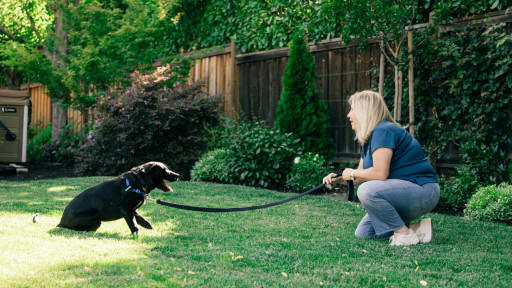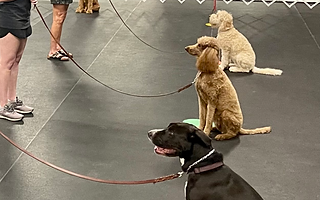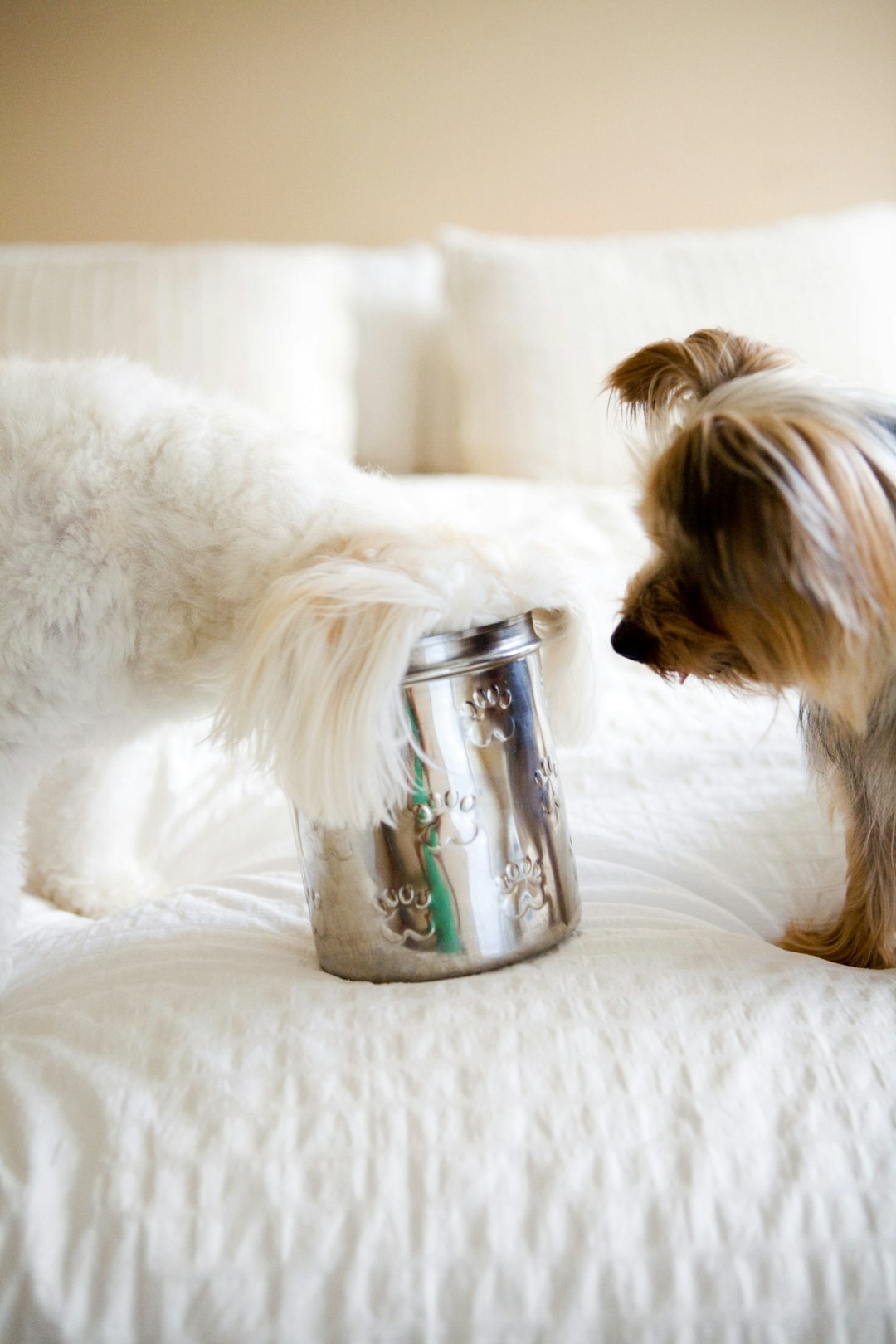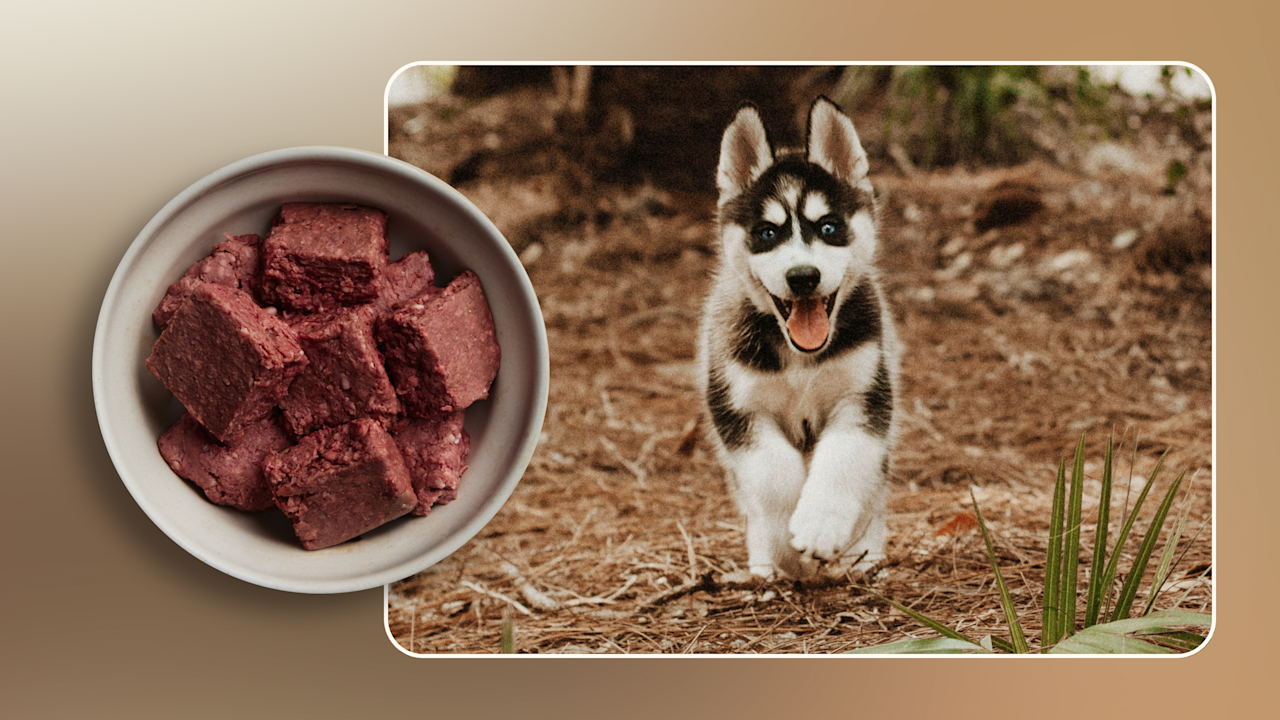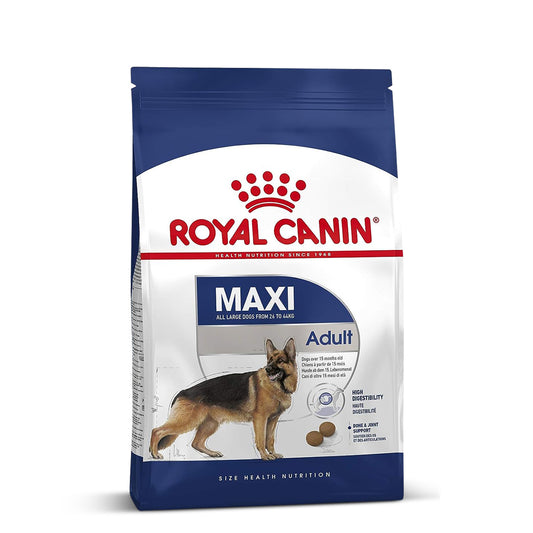Choosing the right food for your Siberian Husky isn’t just about filling their bowl. It’s about giving your dog the energy, health, and happiness they deserve.
You want to make sure your furry friend gets the nutrients that match their unique needs. But with so many options out there, how do you know what’s best? Keep reading, and you’ll discover exactly what type of dog food will keep your Siberian Husky strong, active, and thriving every day.
Choosing The Right Diet
Choosing the right diet for a Siberian Husky is vital for their health. Their energetic nature demands a balanced and nutritious food plan. Feeding them correctly supports their coat, muscle, and overall vitality.
The diet should match their activity level and body needs. Quality ingredients and correct portions keep them happy and strong. Understanding their unique dietary needs helps in selecting the best dog food.
Nutritional Needs
Siberian Huskies need a diet rich in protein to fuel their muscles. Proteins from meat or fish are ideal sources. Healthy fats provide energy and keep their coat shiny. Carbohydrates give them stamina for long walks and playtime.
Vitamins and minerals support immune health and bone strength. Avoid fillers like corn or soy, which add little nutrition. Balanced food helps maintain their weight and energy daily.
Age Considerations
Puppies require more calories and nutrients for growth. Their food should be rich in protein, calcium, and fat. Adult Huskies need fewer calories but balanced nutrition for activity. Senior dogs benefit from diets lower in calories with joint support.
Adjust food portions and type based on your Husky’s life stage. This adjustment helps prevent obesity and health problems. Monitoring your dog’s condition guides proper diet changes.
Types Of Dog Food
Choosing the right type of food for your Siberian Husky is key to their health. Different dog foods offer various benefits and nutrients. Understanding these types helps you make the best choice for your pet’s needs.
Dry Kibble
Dry kibble is a popular choice for many dog owners. It is easy to store and serves well for dental health by reducing plaque. Kibble comes in many formulas, including grain-free and high-protein options. It is convenient and affordable for daily feeding.
Wet Food
Wet food contains more moisture than dry kibble, which helps keep your husky hydrated. It often has stronger aromas and flavors, appealing to picky eaters. Wet food is softer, making it easier to chew for older dogs. It usually costs more and requires refrigeration after opening.
Raw Diet
A raw diet includes uncooked meat, bones, and organs. It mimics what dogs eat in the wild and can improve coat shine and energy. Preparing a balanced raw diet needs care to avoid bacteria and nutrient gaps. Many owners find this diet requires more time and effort.
Homemade Meals
Homemade meals allow full control over ingredients and quality. Cooking for your husky means you can avoid fillers and additives. Meals must be balanced with proteins, carbs, and fats to meet all nutritional needs. Consult a vet to create a safe and healthy menu.
Ingredients To Look For
Choosing the right ingredients for your Siberian Husky’s food is vital. Their active nature and unique metabolism need balanced nutrition. Focus on ingredients that support energy, muscle health, and overall well-being. Quality ingredients help maintain their shiny coat and strong immune system.
Protein Sources
Protein is the building block for muscles and tissues. Look for animal-based proteins like chicken, turkey, lamb, or fish. These provide essential amino acids that Huskies need. Avoid food with too many fillers like corn or soy. Protein from real meat keeps your dog strong and active.
Healthy Fats
Fats are important for energy and skin health. Sources such as fish oil, flaxseed, and chicken fat are excellent. These fats contain omega-3 and omega-6 fatty acids. They help reduce inflammation and keep the coat shiny. Healthy fats support brain function and overall vitality.
Essential Vitamins
Vitamins play a key role in your Husky’s health. Vitamins A, D, E, and B-complex are essential. They support vision, bone strength, and immune defense. Look for food enriched with natural fruits and vegetables. These add antioxidants and fiber for better digestion.

Credit: huskygifts.com
Common Allergies And Sensitivities
Siberian Huskies are beautiful, energetic dogs, but their diet requires special attention due to common allergies and sensitivities. These issues can cause discomfort and health problems if not addressed. Understanding what triggers your Husky’s allergies can help you choose the right food and keep them happy and healthy.
Identifying Allergies
Recognizing allergy symptoms in your Siberian Husky is the first step to managing their diet. Watch for signs like itching, redness, ear infections, or digestive upset such as vomiting and diarrhea. Sometimes, skin problems or paw licking can indicate a food allergy rather than just environmental factors.
Common allergens include beef, chicken, dairy, and wheat. If you notice these symptoms after feeding certain foods, consider an elimination diet to pinpoint the culprit. Have you ever noticed your dog scratching more after a specific meal? That might be a clue worth exploring.
Grain-free Options
Many Siberian Husky owners turn to grain-free dog food to avoid sensitivities related to wheat, corn, or soy. Grain-free diets replace these with ingredients like sweet potatoes, peas, or lentils, which can be easier on your dog’s digestive system.
However, grain-free doesn’t mean allergen-free. Some Huskies react to legumes or certain proteins in grain-free recipes. Always check the ingredient list carefully and monitor your dog’s reaction to new foods.
Have you tried grain-free food for your Husky? Note any changes in energy levels, coat condition, or digestion to decide if it suits your dog.
Feeding Schedule
Setting a proper feeding schedule helps maintain your Siberian Husky’s health and energy. It supports digestion and keeps their metabolism steady. Consistent meal times also reduce begging and overeating behaviors. Huskies have high energy levels and need balanced feeding routines to stay fit.
Meal Frequency
Adult Siberian Huskies usually eat two meals per day. Puppies need more frequent meals, about three to four times daily. Split their daily food amount evenly between meals. Feeding at regular times helps regulate their hunger and energy. Avoid free-feeding, as it can cause overeating and weight gain.
Portion Control
Measure your Husky’s food portions carefully. Their size, age, and activity level affect how much they need. Use the feeding guidelines on dog food packages as a starting point. Adjust portions if your dog gains or loses weight. Watch for signs like sluggishness or excessive hunger, which may signal wrong portions.
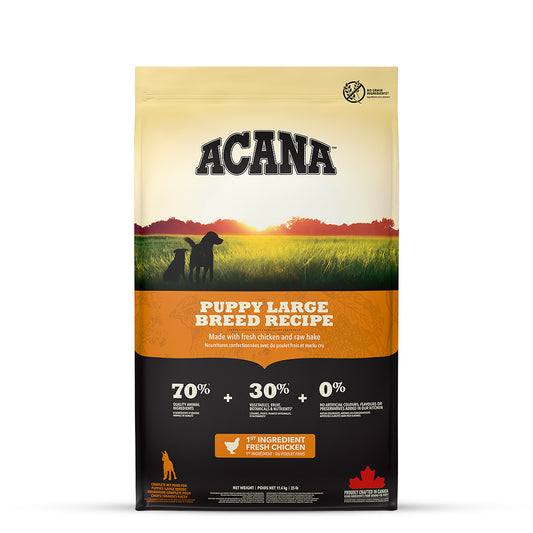
Credit: zigly.com
Special Dietary Needs
Siberian Huskies have unique dietary needs that depend heavily on their life stage and activity level. Their metabolism is fast, and their energy requirements can be quite different from other breeds. Feeding your Husky the right dog food ensures they stay healthy, energetic, and happy throughout their life.
For Active Huskies
Active Huskies burn a lot of calories daily. They need dog food rich in high-quality proteins and fats to fuel their muscles and maintain endurance. Look for ingredients like chicken, fish, or lamb listed as the main protein source.
Carbohydrates should come from easily digestible sources like sweet potatoes or brown rice to provide steady energy. Omega-3 and Omega-6 fatty acids support their thick coat and joint health, so foods containing fish oil or flaxseed are ideal.
Have you noticed your Husky slowing down during playtime? Their food might lack enough calories or essential nutrients. Adjusting their diet to include nutrient-dense options can make a big difference.
Senior Huskies
As Huskies age, their metabolism slows, and their activity decreases. Senior dogs benefit from food that is lower in calories but still rich in protein to preserve lean muscle mass. Ingredients like turkey or duck provide quality protein without excess fat.
Joint support is crucial for older Huskies, so foods with glucosamine and chondroitin help maintain mobility. Antioxidants such as vitamins E and C support immune health and reduce inflammation.
If your senior Husky struggles with digestion, consider foods with added fiber or probiotics. These can improve gut health and nutrient absorption. Have you checked if your dog’s food suits their changing needs lately?
Understanding Labels
Understanding dog food labels is key to choosing the right nutrition for your Siberian Husky. These labels are packed with information, but they can be confusing at first glance. Learning to read them carefully helps you avoid ingredients that might harm your dog and find the foods that truly support their health and energy.
Decoding Ingredients
Ingredients are listed in order of weight, so the first few are the most important. Look for real meat like chicken, beef, or fish near the top of the list. Avoid foods where fillers like corn, wheat, or soy come first, as these add little nutritional value and can cause allergies.
Pay attention to unusual names. Ingredients like “meat by-products” or “animal digest” can include low-quality parts. You want whole-food ingredients you recognize and trust.
Have you checked the ingredient list on your current dog food? Does it show specific meats, or vague terms? This simple check can reveal a lot about the food’s quality.
Analyzing Nutritional Claims
Marketing claims like “natural,” “premium,” or “complete” don’t always mean the food is best for your Husky. Look instead for detailed information about protein, fat, vitamins, and minerals on the label.
Check the guaranteed analysis section. Siberian Huskies need a diet high in protein and fat to fuel their active lifestyle. A good dog food should have at least 22-30% protein and 12-20% fat.
Also, see if the food meets the standards set by the Association of American Feed Control Officials (AAFCO). This tells you the food is balanced for your dog’s life stage.
Next time you pick up a bag of dog food, take a moment to compare the nutritional claims. Are they backed by clear numbers or just catchy phrases? Your Husky’s health depends on the details.
Tips For Transitioning Foods
Changing your Siberian Husky’s food needs care and patience. Sudden switches can upset their stomach or cause refusal to eat. Follow a smooth process to help your dog adjust well to new food. This helps keep your Husky happy and healthy during the change.
Gradual Introduction
Start by mixing a small amount of new food with the old. Increase the new food gradually over 7 to 10 days. This slow change helps your dog’s digestive system adapt. Watch how much your Husky eats and avoid large portions at first. Mixing foods also helps your dog get used to the new taste and texture.
Monitoring Reactions
Check for signs of discomfort or allergies after changing food. Look for symptoms like vomiting, diarrhea, or itching. Changes in energy levels or appetite also matter. Keep a daily record of your dog’s reaction during the transition. If any problem appears, pause the switch and talk to your vet. Early action can prevent serious health issues.
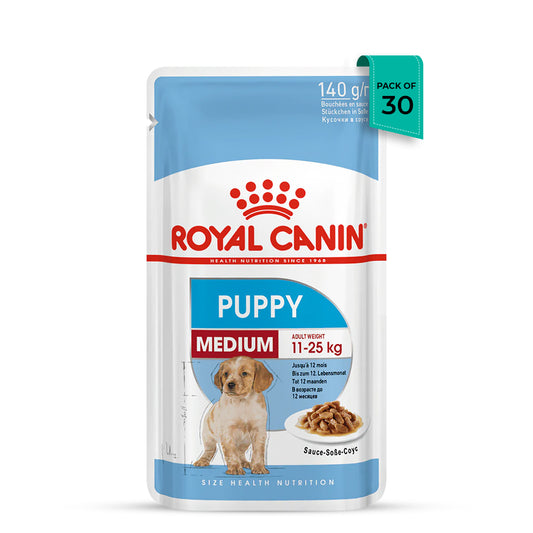
Credit: zigly.com
Frequently Asked Questions
What Ingredients Are Best For Siberian Husky Food?
High-quality protein like chicken or fish is essential. Include healthy fats and moderate carbs. Avoid fillers, artificial additives, and excessive grains for optimal health.
How Often Should I Feed My Siberian Husky?
Feed adult Huskies twice daily, morning and evening. Puppies need three to four meals daily. Adjust portions based on activity level and age for balanced nutrition.
Can Siberian Huskies Eat Grain-free Dog Food?
Yes, grain-free diets can suit Huskies with sensitivities. Ensure the food includes alternative carbs like sweet potatoes. Consult your vet to confirm it meets your dog’s needs.
Should I Give My Siberian Husky Supplements?
Supplements like omega-3s and glucosamine support coat and joint health. Only use supplements recommended by your vet. A balanced diet often provides sufficient nutrients.
Conclusion
Feeding a Siberian Husky the right food helps keep them healthy and strong. Choose dog food rich in protein and good fats. Avoid fillers and artificial ingredients. Fresh water always stays nearby. Watch your dog’s weight and energy levels often.
Adjust food amounts as they grow or get older. Good nutrition supports a happy, active Husky life. Simple steps make a big difference in your pet’s health. Start with quality food, and your Husky will thank you.



